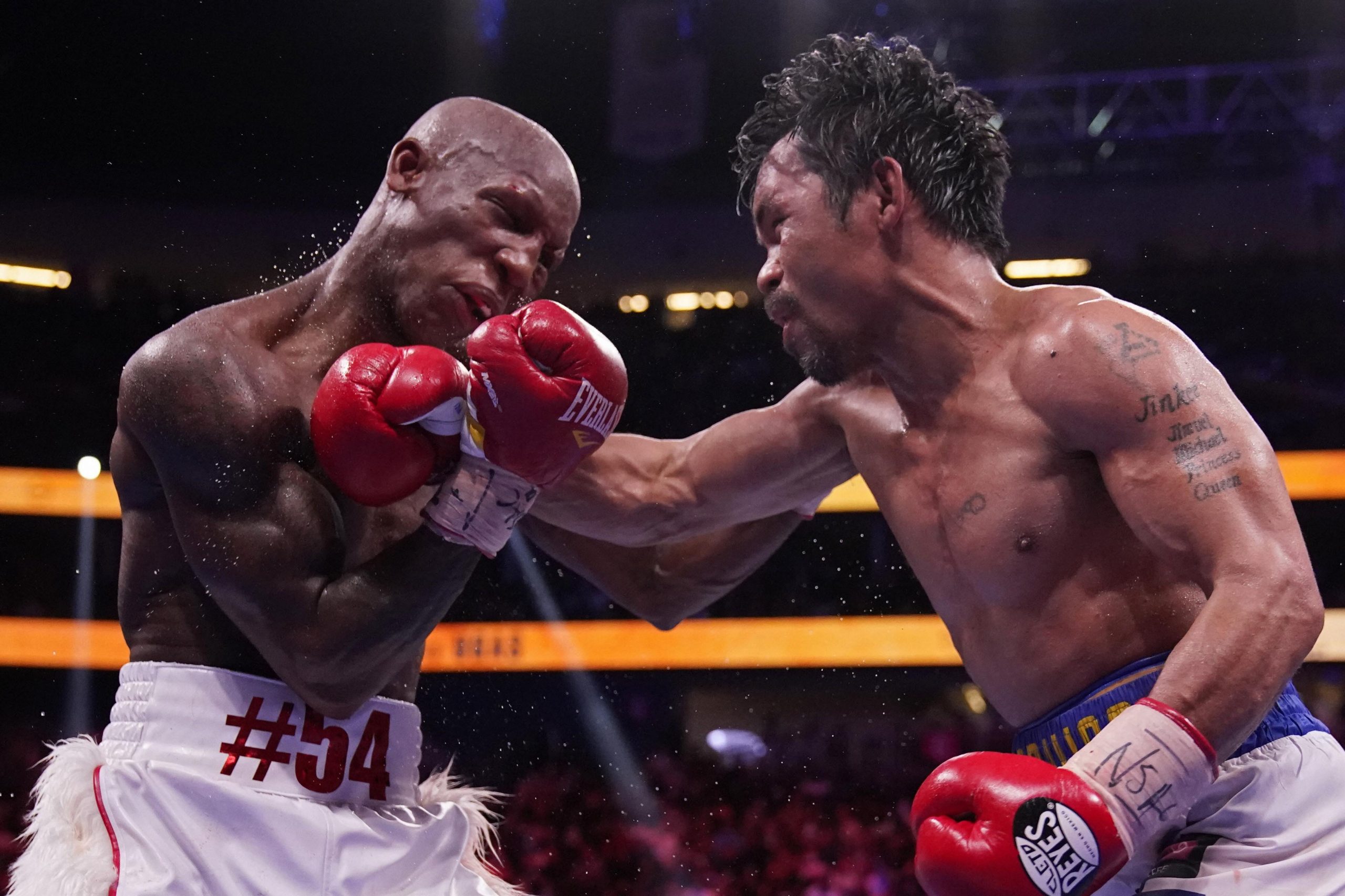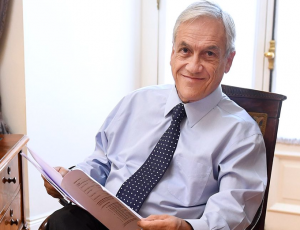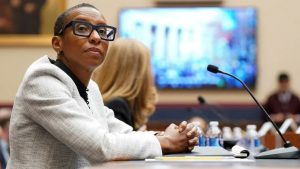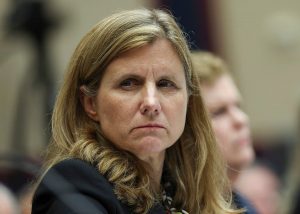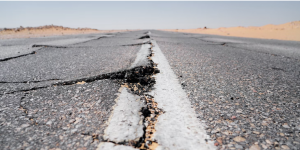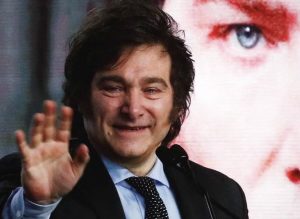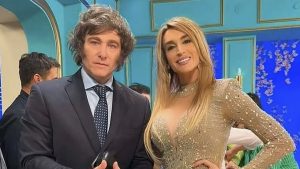A boxing champion, a dictator’s son and an actor-turned-mayor, the upcoming Philippine presidential election consists of an eclectic mix of personalities. More than 60 million Filipinos will go to the polls to decide who should replace the populist leader Rodrigo Duterte.
The Philippine presidential election in May 2022 comes at a crucial time which has faced one of the worst COVID-19 outbreaks in south-east Asia and has distributed enough vaccine doses to fully protect just under a quarter of the population. The pandemic, and long, punishing lockdown restrictions, have battered the economy.
Also read: Upcoming rocket test may launch South Korea’s space programme
For Duterte, the stakes are especially high. Earlier, the international criminal court (ICC) announced that it was investigating his so-called “war on drugs”, in which as many as 30,000 people are estimated to have been killed. A sympathetic successor could adopt his stance of not cooperating with the court.
According to polling by Pulse Asia, his daughter Sara Duterte is currently the frontrunner for the top job. Yet she has denied that she will join the race, and has missed the deadline to file a candidacy – unless she chooses to become a last-minute substitute, as her father did in 2016.
It is expected to be a tight race. Almost neck-and-neck for second place, according to the early polling, is former senator Ferdinand Marcos Jr, namesake and son of the late dictator, Isko Moreno, a former actor and current Manila mayor, and the senator and boxing champion Manny Pacquiao.
Pacquiao is a champion boxer and national icon, with a rags-to-riches story that resonates with many. He grew up in Mindanao, one of the poorest areas of the country – and also Duterte’s stronghold. He left aged 14 as a stowaway on a boat bound for Manila, and worked in construction jobs, sending money back home, before he was spotted as a talented fighter.
Also read: Muhammad Ali’s artworks sell for nearly a million
Pacquiao began his political career in 2010, becoming a member of the House of Representatives and, despite a poor attendance record, a senator in 2016.
An evangelical Christian, he has said he opposes divorce, abortion and same-sex marriage. The Guardians reported that he was widely criticised for stating that people in same-sex relationships “are worse than animals”.
Meanwhile, Ferdinand Marcos Jr, known as Bongbong Marcos, is the namesake and only son of the late dictator Ferdinand Marcos, who ruled until 1986 and plundered as much as US$10bn from the state coffers. Under martial law, which was imposed by Marcos in 1972, an estimated 34,000 people were tortured, 3,240 people were killed and 70,000 were imprisoned, according to Amnesty International.
However, Bongbong Marcos has downplayed the abuses committed under his father.
Also read: Good bye boxing: Legend Manny Pacquiao retires
He studied philosophy, politics and economics at Oxford University, but reportedly did not complete the course (he was instead awarded a special diploma in social studies, according to Rappler). Then, aged 23, he was elected unopposed as the vice-governor of Ilocos Norte. The family was forced into exile after a peaceful popular revolution in 1986.
Since returning to the country, the family has sought to re-establish its presence in public life, and Bongbong Marcos has since been elected Ilocos Norte governor, a congressman and a senator. In 2016, he ran for vice-president, but lost to Leni Robredo.
Also, Vice-president Leni Robredo is a staunch critic of Duterte – including his brutal war on drugs, which she described as leading to “senseless killings”.
The daughter of a judge and an English professor, Robredo previously worked for non-government organisations providing legal assistance to marginalised groups.
It was the death of her husband, interior secretary Jesse Robredo, who was killed in a plane crash in 2012, that prompted a change in career. His death provoked an outpouring of grief and calls for her to enter politics, and she went on to win a seat in Congress in 2013.
Three years later, she beat Bongbong Marcos, son of the late dictator Ferdinand Marcos, to become vice-president. She was elected separately from Duterte and the two have had an icy relationship.
Also read: Legendary boxer Muhammad Ali’s drawings up for auction in New York
She has been an outspoken critic of Duterte’s policies – including the war on drugs, his pro-China stance and, mostly recently, his response to the pandemic. She has also warned of the risks of populist leaders and condemned the legal charges against Nobel prize-winning journalist Maria Ressa.
Isko Moreno too grew up in poverty. As a child living in Tondo, one of Manila’s poorest districts, he said he helped his mother by collecting old newspapers and bottles to sell on to a rubbish dealer, and would search for leftover food at restaurants. He was talent spotted aged 18, and went on to forge a career in TV and film, adopting the screen name Isko Moreno (his real name is Francisco Domagoso). Duterte has recently sought to mock him over his past career in showbiz, likening him to “a call boy” for having posed for racy photos.
Moreno began his political career as a councillor in Manila in his early 20s, rising to become vice-mayor, and, in 2019, mayor of the capital. He is known for launching a cleanup campaign in Manila – a policy that involved removing illegal street vendors. He has criticised Duterte’s response to Covid, including the country’s harsh and drawn-out lockdowns. He has also said he will not stop the ICC from investigating Duterte’s war on drugs.
Moreno has presented himself as a “healing” candidate in an attempt to draw support from all sides of the Philippines’ polarised politics. Critics, though, have accused him of fence sitting.

